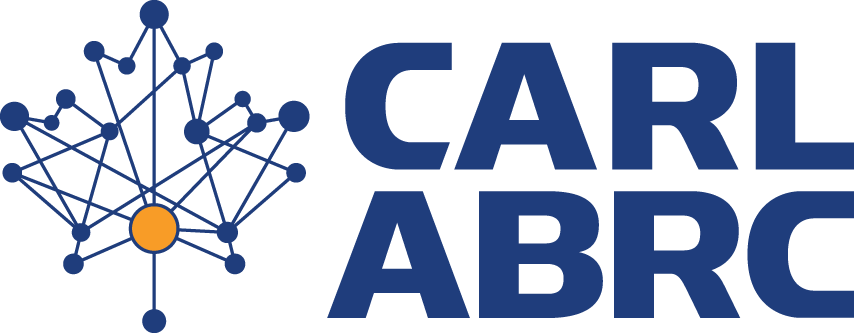Creating More Visibility for Canadian Journals’ Self-Archiving Policies: An Open Access Week 2020 Crowdsourcing Project
BACKGROUND
Researchers frequently need to know where and when they can share a copy of their submitted, accepted and/or published journal articles in order to: meet the requirements of a funder policy, share their research more widely through their institutional repository or a subject repository, or, decide where to publish. Most frequently, they look up the journal in question using the Sherpa RoMEO tool. However, many Canadian journals are not yet reflected in this leading international database, and for those that are, the information contained there can be old or incomplete.
CARL is therefore asking Canadian librarians, researchers, and journals to help us collect key information about these missing and incomplete journal entries to make it easier for researchers in Canada and beyond to find Canadian scholarly publication venues using this tool.
WHAT YOU NEED TO KNOW TO PARTICIPATE:
When is this project taking place?
Throughout Open Access Week, October 19-23, 2020.
How do I participate?
Use this online form to submit individual journal entries or email Lise Brin () if you have information about several journals you wish to contribute. At minimum, we ask that you submit a) the title of the journal and b) the URL for the web page on the journal website that describes its self-archiving policy. (If you want, you can check which journal policies have already been submitted here before you send yours in.)
How is CARL going to transfer this information to SHERPA-RoMEO? Jisc (the organization behind Sherpa RoMEO) has agreed to collaborate with CARL and provide a clone of the SHERPA system so that a CARL representative who has been trained on this system can add and update entries for Canadian journals, which will then be pulled by the main Sherpa RoMEO database. This work is expected to be undertaken between December 2020 and March 2021.
SOME GENERAL INFO ON SELF-ARCHIVING POLICIES:
What is a self-archiving policy?
Publishers establish archiving policies to define how authors may share articles published in their journals in other online venues (e.g., subject or institutional repositories). A self-archiving policy will often stipulate: which version of the article can be shared (pre-print; accepted manuscript ; final published version), at what point (prior to publication; at the time of publication; a specified period of time after publication), and where (author website; institutional repository; subject repository).
What is the Sherpa ROMEO database?
Sherpa RoMEO is a free, public, online database managed by the UK not-for-profit Jisc that allows you to search for publishers’ policies for archiving journal articles online. Each entry in the database summarizes a publisher’s policy for archiving articles, including which version of an article can be deposited, where it can be deposited, and any conditions that are attached to that deposit.
What if a journal does not have a clear policy related to self-archiving by authors?
If you are involved as an editor or publisher of a journal that does not currently list a self-archiving policy on its website, we recommend adding this information to your website. The Canadian Association of Learned Journals recommends that at minimum your policy meet the threshold of the Tri-Agency Open Access Policy on Publications – that accepted manuscripts be allowed in an open access institutional or subject repository within 12 months of publication (with a link back to the official publication venue). Examples of policies are given on the CALJ web page mentioned above. You can also consult your institution’s scholarly communication librarian or copyright specialist on wording for your policy.




